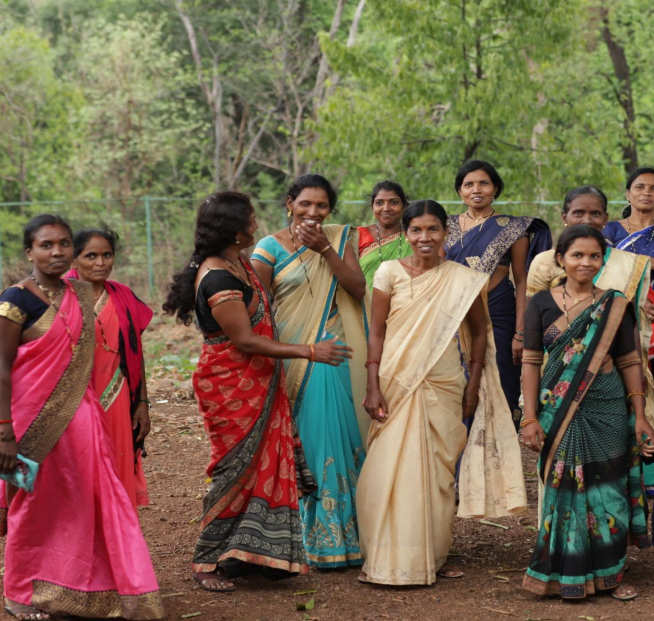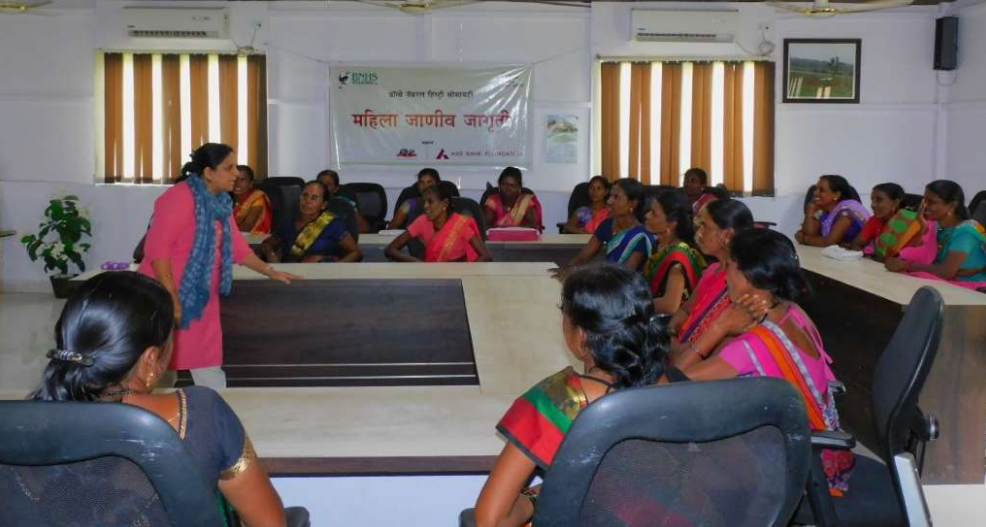The Human-wildlife conflict challenge
Local communities living around Tadoba Andhari Tiger Reserve regularly enter the forests for their livelihood and sustenance needs which sometimes creates incidences of confrontation with wildlife mainly tigers.
It is often observed that these communities feel neglected as they are sometimes unaware of the efforts being made to prevent conflict and the need and urgency of wildlife conservation. Also, as per surveys conducted by the team, it was found that the number of women involved in the collection of forest resources is higher than the number of men.
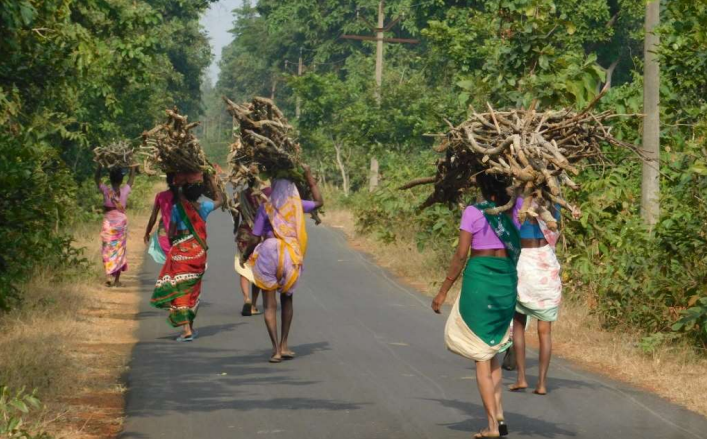
Identifying the need to address the conflict challenge, BNHS in association with Tadoba-Andhari Tiger Reserve conducted a sensitization programme for women residing in villages of the Wadala range of Tadoba. A total of 449 women from 11 villages participated in this programme.
Reason behind selecting these particular 11 villages for sensitization
The 11 villages of Wadala range which were selected are near the core area and have faced incidences of cattle kills and human deaths for the last 5 years. Also, tiger movement is regular in this area and previously there were no sensitization programs were conducted for the villagers.
Activities conducted as a part of the programme
As a part of the program a pre-test was conducted for the participants to understand their perceptions towards resource collection, wildlife, and conflict.
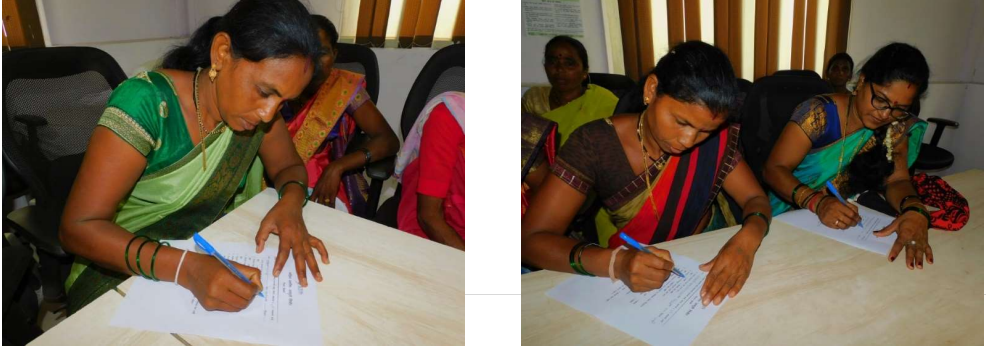
Participants filling in the questionnaires designed to understand their perspectives
Followed by this, presentations on the subjects like the importance of Tadoba for the villagers, water-forest relations, human-wildlife conflict, and the importance of tiger tourism were demonstrated.
Important topics like participation of women in the conservation of the forest, their dependency on the forest, their problems to mitigate daily needs, various schemes by the forest department, and alternatives for the betterment of the women by using self-help group schemes were also discussed. Lastly, inspirational success stories of women from other regions who have undertaken conservation actions were showcased.
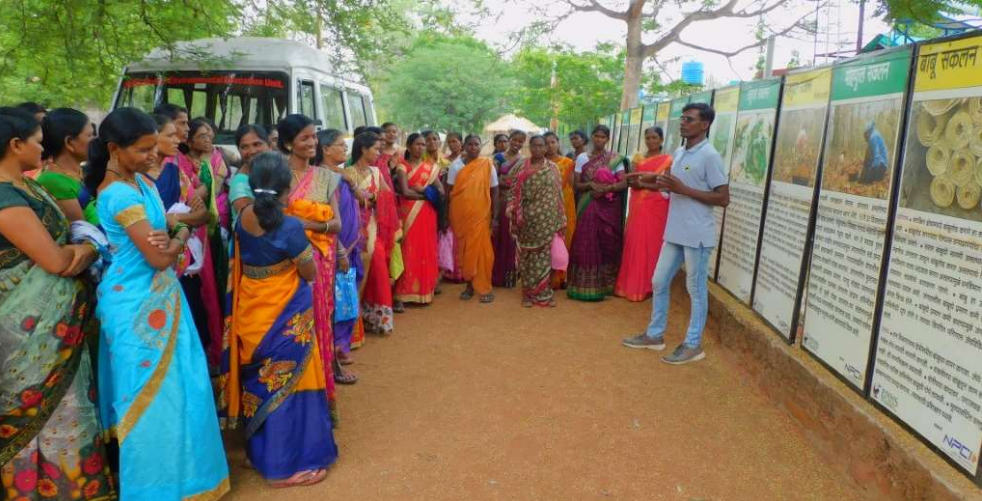
BNHS team members interacting with the participants
Positive feedback from the participants and positive change in the mindset of local community observed towards forests and wildlife
A post programme test was conducted and it was observed that the participants were now better aware of the relationship between forest and water, degradation of the forest due to cattle grazing, and forest fires. Furthermore, the programme helped them understand that tigers and wildlife are not harmful, but beneficial for them.
Speaking about the program, Kunda Nannaware, a participant mentioned-
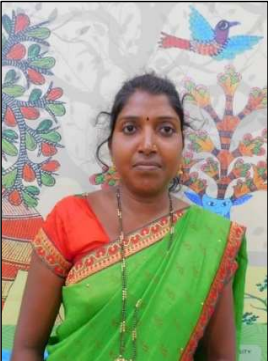
Kunda Nannaware
“Initially, we were unaware of the program’s objective. We thought that the people who arranged the program are from the forest department and they will tell us not to go into the forest for the resource collection. But after listening to the lectures and presentations, we realized that this program is arranged for us to explain why the forest is important to us and why we should save this. We should use more and more LPG which is provided by the forest department for cooking to avoid visiting the forest for our safety. Karkare Sir and Madam also gave emphasis on our sustenance through various livelihood options. This was the first program I ever attended in which I got remarkable information about the importance of wildlife, man-animal conflict, and how a woman could survive through various opportunities without going to the forest.”
The positive feedback and change in the mindset of the participants were a good sign for the BNHS team. Congratulations and more power to them !
